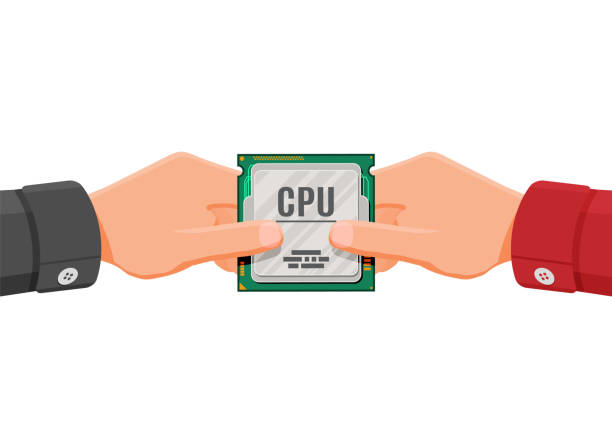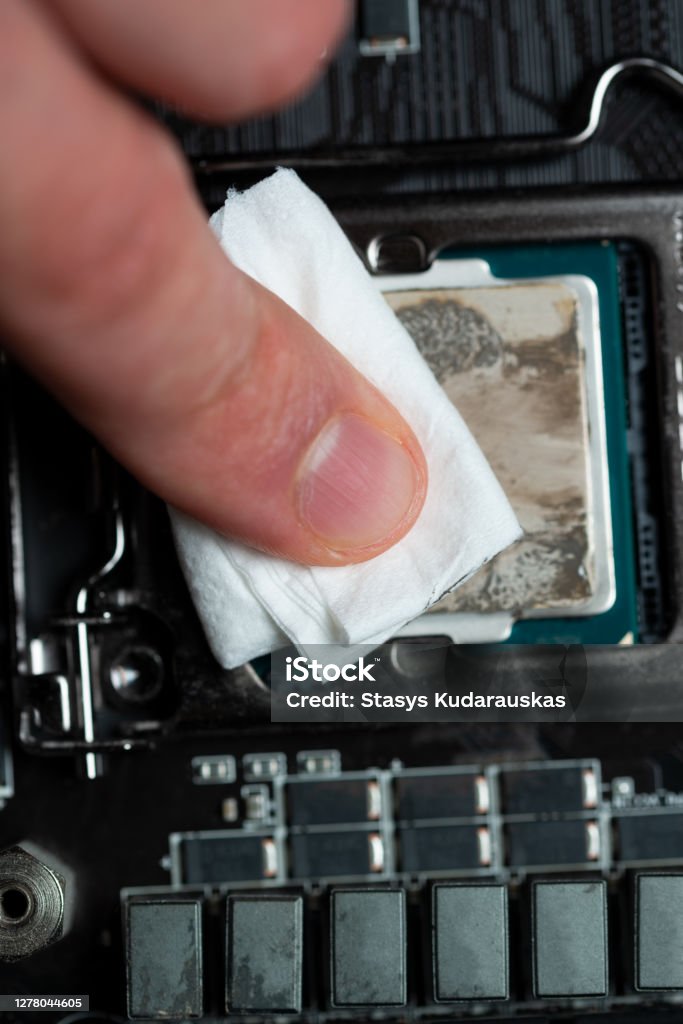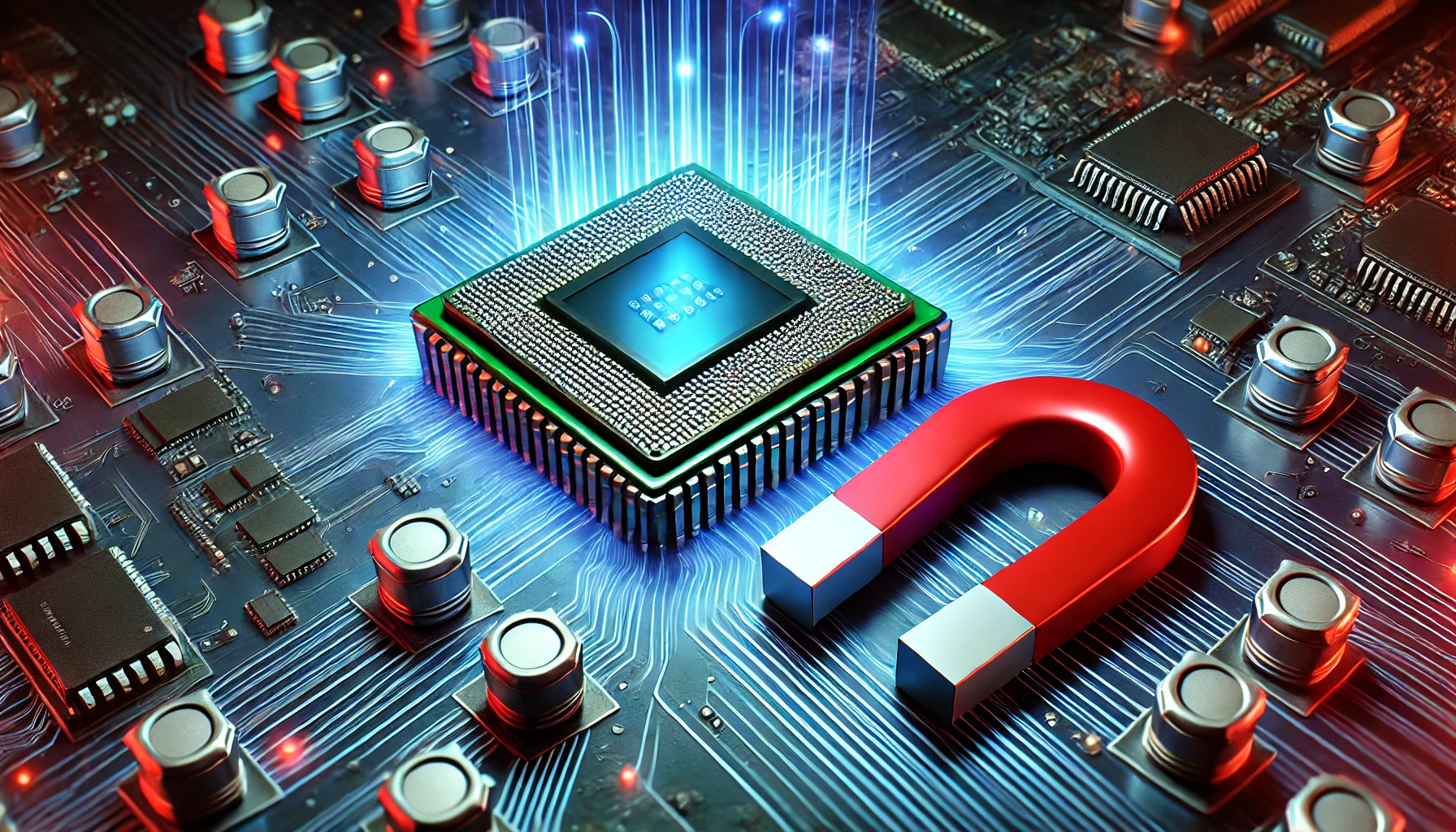Introduction
If you push your CPU to its limits with demanding tasks like gaming, video editing, or rendering, you might wonder: How long can a cpu last on full utilization? The answer depends on several factors, including temperature management, voltage, and overall system maintenance. Let’s explore what affects CPU longevity and how you can maximize its lifespan even under heavy workloads.
How Long Do CPUs Typically Last?
Modern CPUs are built to last. Without mechanical parts, they don’t wear out like traditional hardware components. On average, a CPU can last 5 to 10 years or more, even with continuous full utilization. However, factors like heat, overclocking, and voltage can accelerate degradation.
Key Factors Affecting CPU Lifespan
- Heat and Thermal Stress
Excessive heat is the biggest threat to CPU longevity. High temperatures over extended periods can cause silicon degradation, reducing efficiency and lifespan. - Voltage and Overclocking
Overclocking increases performance but also raises voltage and heat, which can significantly shorten lifespan. Running a CPU at manufacturer-recommended settings ensures long-term reliability. - Cooling Solutions
A CPU’s ability to handle full utilization depends largely on its cooling system. Good cooling prevents overheating, which extends its operational life. - Workload Consistency
CPUs designed for heavy workloads, like workstation or server-grade processors, are more durable under full load compared to consumer-grade CPUs. Continuous high-stress workloads may shorten the lifespan of standard desktop CPUs.
The Role of Heat in CPU Longevity
Sustained high temperatures can lead to:
- Thermal Throttling: The CPU automatically reduces speed to prevent overheating.
- Performance Degradation: Consistently running hot can cause long-term inefficiencies.
- Potential Hardware Damage: Extremely high temperatures over time can damage internal components.
How to Extend CPU Lifespan Under Full Utilization
To ensure your CPU remains reliable under continuous load, follow these best practices:
- Invest in Proper Cooling
- Use high-quality air or liquid coolers.
- Ensure proper case airflow with strategically placed fans.
- Keep the CPU’s temperature below 80°C for safety.
- Monitor and Maintain Temperatures
- Use software like HWMonitor or Core Temp to track CPU temperatures.
- Avoid excessive background processes that increase idle temperatures.
- Reapply Thermal Paste Regularly
- Thermal paste helps efficiently transfer heat from the CPU to the cooler.
- Replace it every 2-3 years for optimal performance.
- Avoid Extreme Overclocking
- If you overclock, ensure stable voltage and effective cooling.
- Stick to moderate overclocking for a balance between performance and longevity.
- Keep Your System Clean
- Dust buildup can clog fans and heat sinks, leading to overheating.
- Clean your PC regularly to maintain efficient airflow.
Real-World Lifespan Expectations
- Normal Usage (Browsing, Office Work) → 10+ years
- Heavy Gaming & Content Creation → 5-8 years (with proper cooling)
- Overclocked Systems → 3-6 years (depending on voltage and heat levels)
- Server & Workstation CPUs → 10+ years (built for 24/7 utilization)
FAQs
Does full utilization damage a CPU?
Not necessarily. With proper cooling, a CPU can handle full utilization for years without issue.
Does overclocking reduce CPU lifespan?
Yes, especially if voltage is increased significantly without proper cooling.
How can I check my CPU temperature?
Use monitoring tools like HWMonitor, Core Temp, or BIOS settings.
What’s the best way to cool a CPU?
Liquid cooling provides the best thermal performance, followed by high-end air coolers.
How often should I replace thermal paste?
Every 2-3 years, or sooner if temperatures start rising abnormally.
Conclusion
How long can a cpu last on full utilization? Your CPU’s lifespan depends on heat management, workload, and maintenance. With proper cooling, monitoring, and moderate usage, a CPU can last well beyond a decade. Even under full utilization, following the right precautions ensures reliability and long-term performance. If you want your CPU to go the distance, invest in cooling, avoid extreme overclocking, and keep your system clean!




